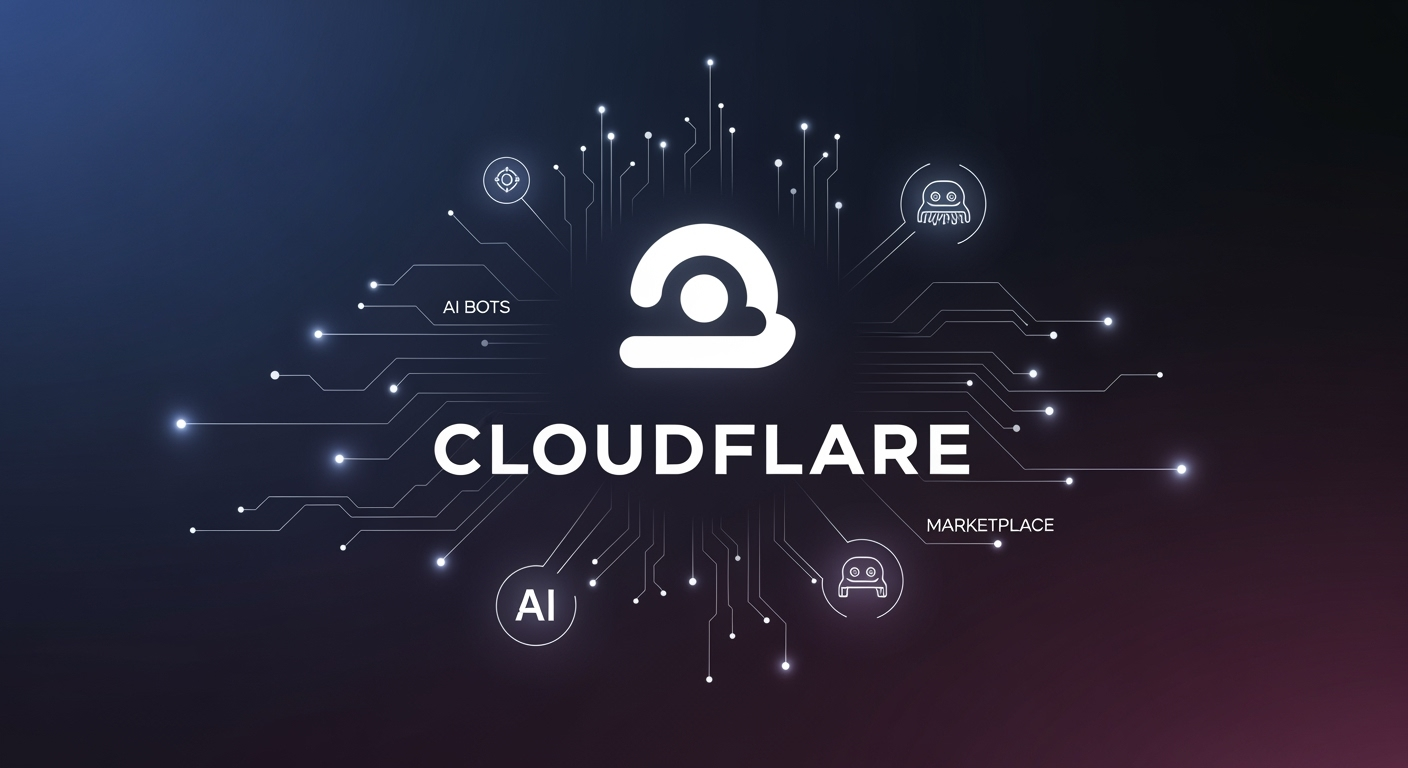Cloudflare's Pay per Crawl: Monetizing AI Bot Access

Cloudflare, a major cloud infrastructure provider, is stepping into the evolving relationship between website owners and AI companies with its new "Pay per Crawl" marketplace. This initiative aims to give publishers greater control and compensation for their content in an era dominated by AI crawlers.
The Challenge for Publishers in the AI Era
For years, online publishers relied on Google Search referrals for traffic and ad revenue. However, with the rise of AI chatbots and agents, and a potential shift away from direct website visits, this traditional model is facing significant disruption. AI models often scrape vast amounts of data for training without direct compensation to the content creators.
While some large publishers have pursued lawsuits against AI companies or struck licensing deals, these solutions are often inaccessible or insufficient for smaller players. Data suggests that while Google's crawler provides referrals, AI crawlers from entities like OpenAI and Anthropic scrape content far more frequently with significantly fewer referrals, highlighting an imbalance.
Introducing Pay per Crawl
Cloudflare's "Pay per Crawl" is an experimental marketplace designed to address this imbalance. It allows website owners to:
- Charge AI crawlers a set micropayment for each "crawl" of their site.
- Allow AI crawlers to scrape their site for free.
- Block AI crawlers entirely.
This system empowers publishers to dictate terms for AI access. Cloudflare acts as an intermediary, facilitating transactions between AI companies and publishers who both must be set up with Cloudflare accounts. The platform also provides insights into why crawlers are accessing content (e.g., AI training, search responses).

Here’s what website owners see in Pay per Crawl (Credit: Cloudflare)
Cloudflare's Broader AI Strategy
This marketplace isn't Cloudflare's first foray into managing AI bot traffic. They previously launched tools to block AI bots with a one-click solution and a dashboard to view AI crawler activity. Furthermore, new websites on Cloudflare will now default to blocking all AI crawlers, requiring explicit permission from site owners for access. Major publishers like Condé Nast, TIME, and The Associated Press have already signed on to this permission-based approach.
Implications for the Agentic Web
The "agentic web," where AI agents visit websites on behalf of users to gather and synthesize information, poses significant implications for publishers. Cloudflare envisions "Pay per Crawl" as a foundational element for this future, allowing AI agents with budgets to acquire premium, relevant content programmatically.
While the concept is ambitious and requires broad adoption from both publishers and AI companies, Cloudflare is uniquely positioned to facilitate such a marketplace given its extensive reach across the internet.
References
- TechCrunch: Cloudflare launches a marketplace that lets websites charge AI bots for scraping
- TechCrunch: Cloudflare launches a tool to combat AI bots
- TechCrunch: The New York Times wants OpenAI and Microsoft to pay for training data
- Axios: Atlantic, Vox Media strike licensing deals with OpenAI
- X (formerly Twitter): Kantrowitz on ChatGPT traffic
- TechCrunch: Google's AI agents will bring you the web now
- Stratechery: The Agentic Web and Original Sin





